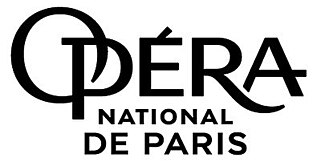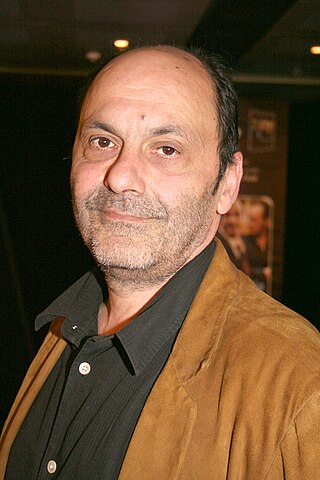
The Lady of the Lake is a name or a title used by several either fairy or fairy-like but human enchantresses in the Matter of Britain, the body of medieval literature and mythology associated with the legend of King Arthur. She plays several important roles in many stories, including providing Arthur with the sword Excalibur, eliminating Merlin, raising Lancelot after the death of his father, and helping to take the dying Arthur to Avalon. Different sorceresses known as the Lady of the Lake appear concurrently as separate characters in some versions of the legend since at least the Post-Vulgate Cycle and consequently the seminal Le Morte d'Arthur, with the latter describing them as a hierarchical group, while some texts also give this title to either Morgan or her sister.
Albert Spaggiari, nicknamed Bert, was a French criminal chiefly known as the organizer of a break-in into a Société Générale bank in Nice, France, in July 1976 that resulted in the theft of an estimated 46 million francs, none of which were ever found.

Jean-Antoine Watteau was a French painter and draughtsman whose brief career spurred the revival of interest in colour and movement, as seen in the tradition of Correggio and Rubens. He revitalized the waning Baroque style, shifting it to the less severe, more naturalistic, less formally classical, Rococo. Watteau is credited with inventing the genre of fêtes galantes, scenes of bucolic and idyllic charm, suffused with a theatrical air. Some of his best known subjects were drawn from the world of Italian comedy and ballet.

Patrick Benguigui, better known by his stage name Patrick Bruel, is a French singer-songwriter, actor and professional poker player.
The Prix Jean Vigo is an award in the French cinema given annually since 1951 to a French film director, in homage to Jean Vigo. Since 1960, the award has been given to both a director of a feature film and to a director of a short film. The award is usually given to a young director, for their independent spirit and stylistic originality.

The Paris Opera is the primary opera and ballet company of France. It was founded in 1669 by Louis XIV as the Académie d'Opéra, and shortly thereafter was placed under the leadership of Jean-Baptiste Lully and officially renamed the Académie Royale de Musique, but continued to be known more simply as the Opéra. Classical ballet as it is known today arose within the Paris Opera as the Paris Opera Ballet and has remained an integral and important part of the company. Currently called the Opéra national de Paris, it mainly produces operas at its modern 2,723-seat theatre Opéra Bastille which opened in 1989, and ballets and some classical operas at the older 1,979-seat Palais Garnier which opened in 1875. Small scale and contemporary works are also staged in the 500-seat Amphitheatre under the Opéra Bastille.

Françoise Giroud, born Lea France Gourdji, was a French journalist, screenwriter, writer, and politician.

The Chamber of Deputies is the lower house of Haiti's bicameral legislature, the Haitian Parliament. The upper house of the Haitian Parliament is the Senate of Haiti. The Chamber has 119 members who are elected by popular vote to four-year terms. There are no term limits for Deputies; they may be re-elected indefinitely.
Cinéma du look was a French film movement of the 1980s and 1990s, analysed, for the first time, by French critic Raphaël Bassan in La Revue du Cinéma issue no. 449, May 1989, in which he classified Luc Besson, Jean-Jacques Beineix and Leos Carax as directors of the "look".

Barbara Bouchet is a German actress who lives and works in Italy.

Jean-Pierre Bacri was a French actor and screenwriter.

Jacques Martin was a French television host and producer.
The Centre national du cinéma et de l'image animée is an agency of the French Ministry of Culture, and is responsible for the production and promotion of cinematic and audiovisual arts in France. The CNC is a publicly owned establishment, with legal and financial autonomy.

Roger Dumas was a French film actor. He appeared in more than 100 films between 1954 and 2016. He was born in Annonay, Ardèche.

Maximilien François Marie Isidore de Robespierre was a French lawyer and statesman, widely recognized as one of the most influential and controversial figures of the French Revolution. Robespierre fervently campaigned for the voting rights of all men and their unimpeded admission to the National Guard. Additionally he advocated for the right to petition, the right to bear arms in self-defence, and the abolition of the Atlantic slave trade.
Annick Alane was a French film, television, and theatre actress from Carnac.
This is a list of French television related events from 1998.
Events from the year 1606 in France
Madeline Fontaine is a French costume designer.
Magazine féminin is a French television show that aired for female audiences on RTF from 21 April 1952 to 2 February 1970. It was presented by Marie Claire's editor, Maïté Célérier de Sannois.










